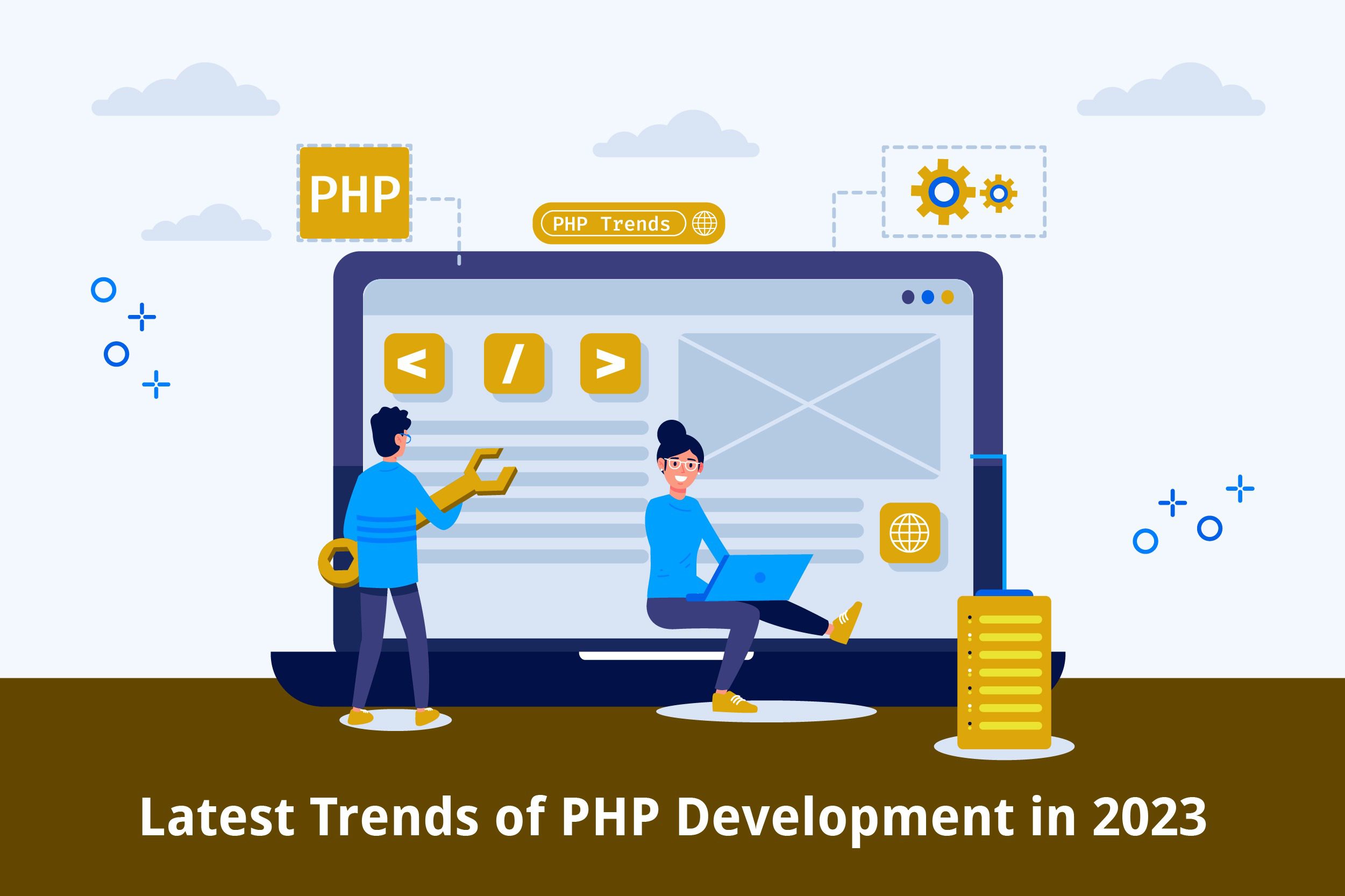In today’s interconnected world, e-commerce platforms have become the backbone of retail businesses, enabling them to reach global audiences with just a few clicks. One platform that has risen to prominence in this sphere is Shopify. Known for its user-friendly interface, robust features, and scalability, Shopify caters to a wide range of businesses, from small startups to large enterprises. However, creating a standout Shopify store requires a blend of strategy, design, and technical prowess. This article delves into the nuances of Shopify store development and how businesses can leverage it to build an effective online presence.
Introduction to Shopify
Shopify is a cloud-based e-commerce platform that enables businesses to set up and manage their online stores. With a plethora of built-in features, customizable templates, and third-party app integrations, Shopify provides a holistic solution for businesses looking to sell products or services online.
Why Choose Shopify for E-Commerce Development?
- User-Friendly: Shopify’s intuitive interface ensures that even those with minimal technical knowledge can set up and manage their store.
- Versatile Themes: Shopify offers a wide range of customizable themes, catering to diverse industries and aesthetic preferences.
- Scalability: Whether you’re a budding entrepreneur or an established brand, Shopify’s infrastructure is designed to handle varying volumes of traffic and transactions.
- Integrated Payments: Shopify Payments allows businesses to accept credit card payments directly, eliminating the need for third-party gateways.
- Security: Shopify prioritizes security, providing SSL certificates for all stores and ensuring compliance with PCI standards.
Steps in Shopify Store Development
- Planning & Strategy: Before diving into development, it’s vital to outline the store’s objectives, target audience, and desired functionalities. This phase might also involve market research and competitor analysis.
- Choosing the Right Theme: While Shopify offers numerous themes, it’s crucial to select one that aligns with your brand and offers the necessary features. Some businesses may even opt for custom theme development to ensure a unique store design.
- Setting Up Product Listings: This involves creating product categories, adding product details (like images, descriptions, and prices), and setting up inventory management.
- Configuring Payments and Checkout: Shopify offers integrated payment solutions, but businesses can also integrate other gateways. It’s also essential to ensure a smooth and secure checkout process for customers.
- Integrating Apps and Plugins: The Shopify App Store boasts thousands of apps that can extend your store’s functionalities, from email marketing tools to inventory management solutions.
- SEO & Analytics Setup: To drive organic traffic, it’s essential to optimize the store for search engines. This includes setting up meta tags, optimizing product descriptions, and integrating analytics tools to monitor store performance.
- Testing: Before going live, rigorously test the store’s functionalities, including product searches, filter options, checkout processes, and payment gateways.
- Launch & Continuous Monitoring: Once the store is live, continuously monitor its performance, gather customer feedback, and make necessary tweaks to enhance user experience.
Custom Shopify Store Development
While Shopify’s out-of-the-box features cater to a broad spectrum of needs, some businesses might require specialized functionalities or design elements. Custom Shopify development allows businesses to tailor the platform to their unique requirements. This could involve:
- Custom Theme Development: For businesses with specific design preferences that aren’t met by existing themes.
- Custom App Development: If a particular functionality is not available through existing apps, businesses can develop custom apps tailored to their needs.
- API Integrations: Integrating third-party systems like CRM, ERP, or POS systems to ensure seamless operations.
Final Thoughts: Building a Successful Shopify Store
Shopify store development is a blend of technical expertise, creativity, and strategy. While the platform offers a wealth of features to ease the process, the true success of a store lies in its ability to provide a seamless, engaging shopping experience for its customers. This involves:
- Continuous User Experience Optimization: Regularly updating the store based on user feedback and analytics insights.
- Engaging Content: Beyond product listings, incorporate blogs, videos, and other content forms to engage users and enhance SEO.
- Effective Marketing: Utilize tools like email marketing, social media integrations, and pay-per-click advertising to drive traffic and sales.
In conclusion, Shopify store development offers businesses a robust foundation to establish their online presence. However, to truly differentiate in the bustling e-commerce landscape, businesses must invest in customizations, continuous optimization, and a customer-centric approach. With the right strategies in place, Shopify can be the perfect launchpad for e-commerce success.








